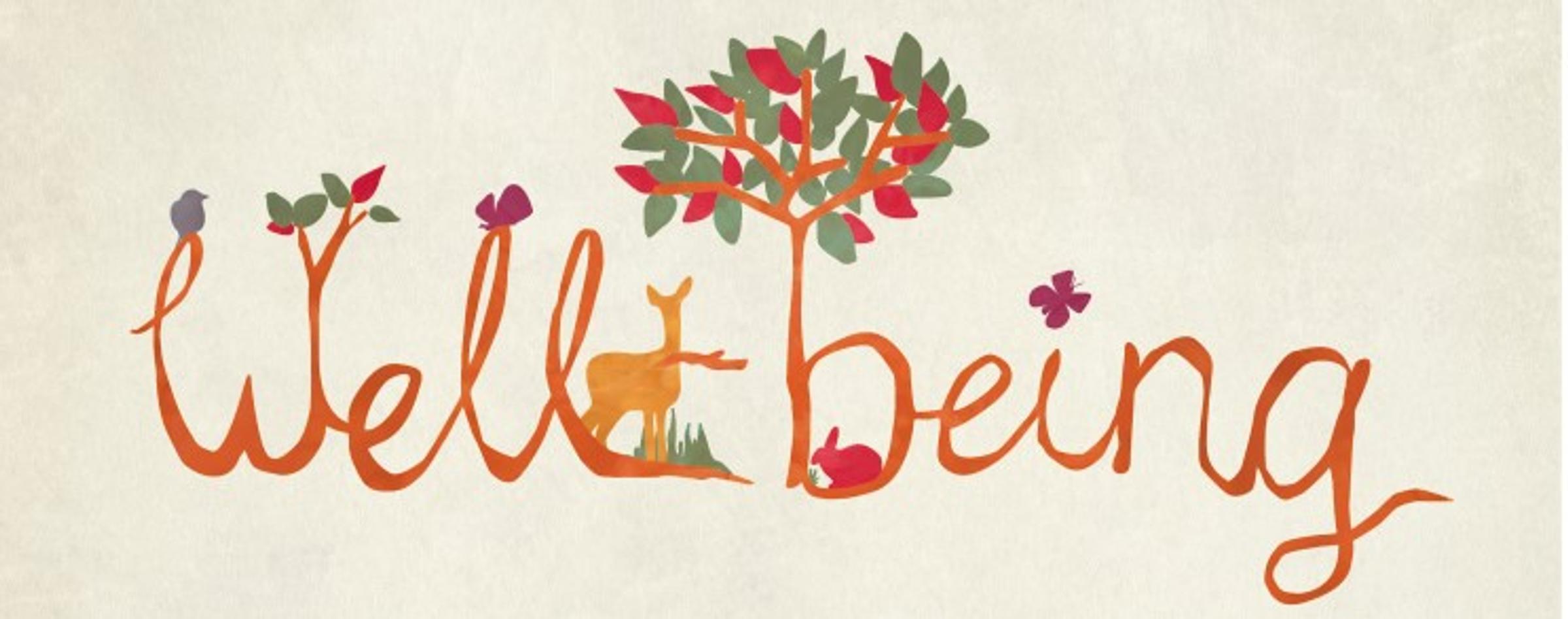Wellbeing News

From the Assistant Principal - Wellbeing (7 - 12)
The Middle Years Camps have begun with our Year 8 students attending Kangaroo Island in two groups, 8M and 8T in Week 4, and 8A and 8D in Week 5. Classes have had a wonderful time, building relationships with staff and peers and challenging themselves through a range of activities such as adventure caving, hiking, sand boarding and beach games.
The Year 9 cohort attended Port Elliot/Victor Harbor for their camp in Week 6. We started a new program for Year 9s in 2017 and it was a great success. The students participated in kayaking, bike riding, raft building, surfing lessons and a range of other aquatic and team-based activities. The camp is also a great way for the students to build relationships and spend some time away from the day to day rigours of study and technological devices.
The student leadership groups have made an enthusiastic start to 2018. Prefects, Captains and their deputies have been meeting regularly, building on their work at last year’s leadership camp. These meetings included further formation after school on Friday of Week 1, where the senior leaders developed an understanding of leading in a Dominican context, and shared ideas on a range of programs within the school in 2018. The student leaders have a range of initiatives they are working on into the remainder of Term 1. The student leadership positions in middle years classes are being selected through the camp programs and they will be involved in attending meetings with senior students and activities throughout the year, representing their classes.
The term has started in a very positive manner with a range of highlights at our assemblies and through sporting activities, in particular the Swimming Carnival. Denifle/Jarrett were the overall House winners on the day. The real highlight though, was the competitive spirit shown by all the boys in attendance. The Athletics Carnival at Santos Stadium is fast approaching and, weather permitting, will be another great community event. It is always great to see families present, supporting their sons.
It is important we continue to work with all boys of all ages, developing their understanding of the impact of their behavior on others. The approach our teachers at school use, is to constantly encourage boys to take responsibility for their actions; be honest in their recollection of incidents both as a perpetrator or victim, and importantly as a bystander. As we continue to use restorative practices when working with conflict, I thought it would be appropriate to share an excerpt from Bill Hansberry who has supported us as a school, in implementing a restorative approach to managing conflict and behaviour. The small excerpt should give you an idea of the focus we have with this approach; that is, less on the consequence, and more on repairing relationships and learning from the behaviour.
In schools, restorative practices often involve:
- Ways to strengthen those affected by wrongdoing - to stand against harmful behaviour.
- Approaches to behaviour management that ask students and teachers to look out for one another as human beings.
- A form of discipline that has the potential to strengthen social bonds between those involved in incidents of harm or conflict, instead of weakening these bonds (which punitive processes do very effectively).
- Adults in schools enlisting the help of students to support peers who may be struggling to make better choices about how they act. Teachers and students no longer sit on different sides of the school discipline fence – they work together.
- Approaches that hold students accountable to each other (or to the group) when their behaviour causes harm. Traditional approach to discipline, only holds students to the teachers, rules or school leadership.
- The building of more unified student groups through a shared commitment to values and agreements about how we treat one another. This creates a healthy sense of shared responsibility and required helpfulness among students.
- Processes that get people talking (dialogue) in ways that create a sense of group solidarity against wrongdoing and abuses of power - like bullying.
- A view of people as fundamentally good, but capable of harmful behaviour (either intentional or unintentional) in their search to meet their needs.
- A view of all behavour through the lens of relationships. Antisocial or harmful behaviour often is symptomatic of weakened or non-existent social connections, and the pain this causes in the form of shame. Hurt people, hurt people.
- A desire of those in authority, when possible, to share decisions with students about issues that directly affect them - a benevolent dictatorship.
Hansberry Educational Consulting - http://www.hansberryec.com.au/index.php?action=database&pageid=29
Mr Brett Knowles
ASSISTANT DEPUTY PRINCIPAL - WELLBEING (7 - 12)
